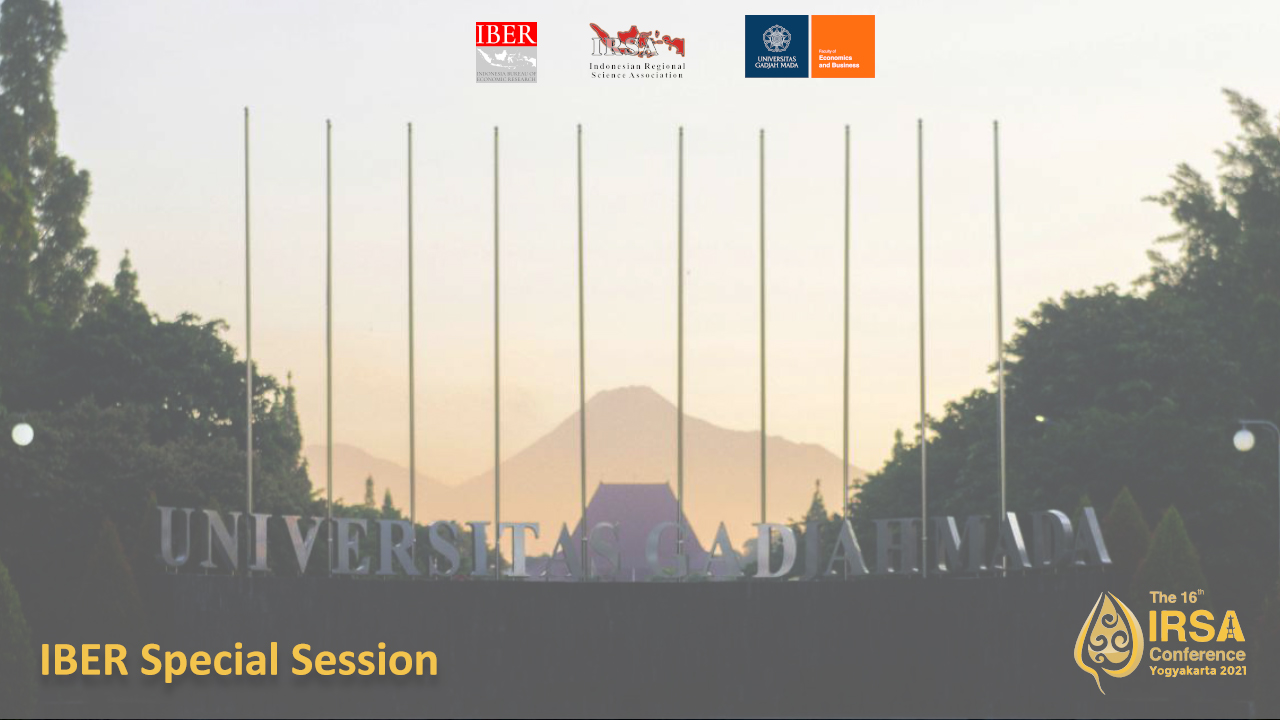Presenter: Yohanna M.L. Gultom
We examine the persistent effects of the colonial property rights institutions on the present day’s land conflicts through investment activities, taking the case of the structural agrarian conflicts in Indonesia. While current literature has emphasized how historical institutions persisted and had a long-term impact on economic performance, empirical research confirming the role of investment as the channel through which property rights institutional persistence affects land conflict is still lacking.
We use the new institutional economics approach to shed light on how poorly defined and weakly enforced property rights have led to rent dissipation, indicated by the spur of land conflict in the face of increased investment while referring to the political economy literature to explain the institutional persistence. Using an instrumental variable two-stage regression (IV 2sls) approach, we examine 553 land conflict cases across districts in Indonesia reported by the National Land Agency from 2015 to 2019.
We find that in the districts where the Dutch occupied the latter during the colonial period by legally expropriated native lands under the Agrarian Acts of 1870 to give concession rights to foreign investors to extract the economic surplus from various plantations and forestry, an increase in domestic investments is significantly associated with an increase in land conflicts.
The result shows that the colonial property rights institutions had induced unclear delineation of rights on land in Indonesia, and since the Indonesian government failed to perform a comprehensive agrarian reform till now, the institutional persistence remains.

